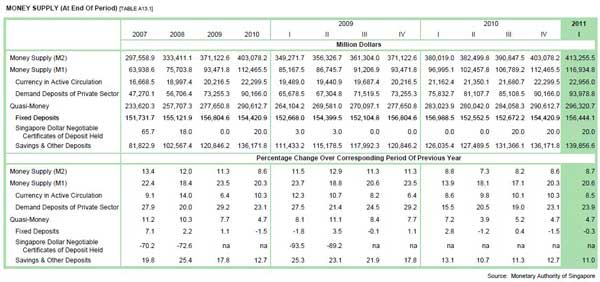Buyers versus sellers: Who will blink first?

By Getty Goh
People who have read my articles or spoken to me before may go away with the thinking that I am a perennial pessimist. In the past few months, I have been telling my friends and potential clients to stay away from the property market.
Some reasons behind my views are: (1) Private properties are very expensive right now and good deals are not as easy to find as compared to several quarters ago. (2) Government intervention measures put in place have increased the opportunity and investment cost of owning private properties and they are not as worthwhile as before. (3) Property prices will eventually turn and those who bought at peak prices would be caught with a loss-sustaining asset when property market sentiments cool.
Interestingly, Singapore private property prices have been continuously on the rise and market observers have come up with many explanations on why this is happening. Some reasons range from the increase in foreign buyers to the low interest rate environment. I think most of them are valid assessments.
However, if I were to attribute it to a single factor, I would say that high prices are a result of an abundance of liquidity in the Singapore market. My company uses savings and other deposits as a proxy for liquidity within the real estate market as they represent monies that can be used for property deposits. They are also used as an indication of interest rates as there is an inverse relationship between liquidity and interest rates — the more liquidity the economy has, the lower the interest rates will be.
Figure 1: Money Supply in Singapore
In an interview I did with Mr. Propwise for his book Secrets of Singapore Property Gurus, I raised the point that liquidity is going to be a key driver in determining how the Singapore property market will behave in the coming months. To illustrate my point, the data from the Monetary Authority of Singapore (MAS) in Figure 1 shows that the savings and other deposits (including current account deposits) as at 2008 was more than S$100 billion. This was twice the amount that Singapore had in 1998, after the Asian Financial Crisis. In 2010, this amount increased by about 33 percent to S$136 billion.
So who will blink first?
As for the question, "Who will blink first?", I opined that as long as buyers have money for the high down payments and access to financing for their properties, properties will continue to be bought and sold at a price premium. From a cash-rich investor's perspective, it still makes sense to buy a property for rental right now. As even though the yield could be as low as 2 percent, interest rates that banks are currently giving for cash deposits are comparatively much lower.
Meanwhile, sellers will have to price their units higher to account for the additional charges brought about by the anti-speculation measures that were supposed to keep the escalation of property prices in check. In another words, as long as there is an abundance of liquidity and buyers are prepared to pay, there is no incentive for developers and property owners to lower their high asking prices.
I recently had a discussion with a friend who worked as an editor with The Economist and he wondered if high property prices will be the new norm. Seeing how some new HDB flats were almost launched at S$880,000, the environment of high property prices looks set to stay.
However, I have to constantly remind myself that the property market is cyclical. Hence the real issue is not whether property prices will eventually fall, but when it will actually happen. And when it does happen, it will likely be brought about by changing financing conditions rather than increasing transaction fees or controlling ownership.
Getty Goh is director of Ascendant Assets, a real estate research and investment consultancy firm. This article is posted courtesy of www.Propwise.sg, a Singapore property blog dedicated to helping you understand the real estate market and make better decisions.
Related Articles
Singapore Property — If the Minister is Worried, Should We Be Too? (at Propwise.sg)
Ask Mr. Propwise #8 — Will the Market Crash in 2013? (at Propwise.sg)


